- California Assembly OKs highest minimum wage in nation
- S. Korea unveils first graphic cigarette warnings
- US joins with South Korea, Japan in bid to deter North Korea
- LPGA golfer Chun In-gee finally back in action
- S. Korea won’t be top seed in final World Cup qualification round
- US men’s soccer misses 2nd straight Olympics
- US back on track in qualifying with 4-0 win over Guatemala
- High-intensity workout injuries spawn cottage industry
- CDC expands range of Zika mosquitoes into parts of Northeast
- Who knew? ‘The Walking Dead’ is helping families connect
Inbody’s tech bracelet gives full body health checkup
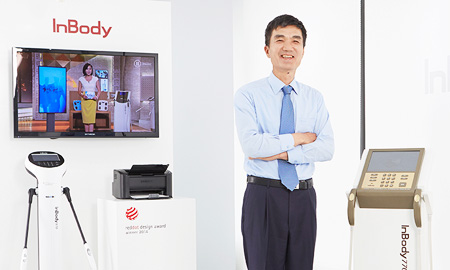
InBody CEO Cha Ki-chul poses with body composition analyzers at the firm’s headquarters in southern Seoul. The firm’s watch-sized device is being displayed at the CES, the world’s biggest consumer electronics convention, in Las Vegas.
(Courtesy of InBody)
By Park Si-soo
Checking your health with a bracelet?
It may sound unrealistic, at least for now, but Cha Ki-chul says it’s already a done deal.
“Put your two fingers on the metallic bars. They will check your health condition,” said Cha, the president of InBody, a Korean medical device developer, during a recent interview.
He placed his two fingers ㅡ index and middle fingers ㅡ on the surface of an iPhone gear-shaped slick black electronic device he was wearing on his left wrist. Seconds later, some figures flashed up on the screen. “The figures tell your health condition,” he said.
The watch-sized product, named InLab, is the world’s first wearable device capable of analyzing a user’s body composition, especially body water, proteins, minerals and body fat.
It is being displayed at the CES, the world’s biggest consumer electronics convention that kicked off on Tuesday in Las Vegas for a four-day run.
“They are key components of the human body closely related to the status of our health,” he said. “Frankly, the device’s accuracy needs to be improved further. Yet it’s only a matter of time, not a matter of possible or impossible. I see big growth potential for wearable devices with health checking functions.”
Showcasing what he described as a “half-done” product during the media-hyped international trade show, he displayed InBody’s technological prowess in terms of miniaturization.
“We may be the only company in the world with technology where a big and heavy conventional body composition analyzer can be reduced to as small as a bracelet,” Cha said. “The device with higher accuracy will be particularly useful for elderly citizens or patients who need to check their body condition frequently.”
He said the wearable analyzer will be upgraded with a telecommunication system so that its wearers will be able to instantly make emergency calls in the event of abrupt health problems.
He said the product will help further polish the company’s international profile.
InBody is already the world’s leading maker of body composition analyzers. Its products are installed at tens of thousands of gyms, hospitals, schools and government buildings in some 60 countries.
Among them are the U.S. Navy Seals, the U.S. Army, the U.S. Department of Veteran Affairs, West Point Academy, Johns Hopkins Hospital, GE Healthcare, Four Seasons Hotels and Resorts, Google, Boeing and Colombia University, to list just a few.
The company has nearly 80 percent market share in Korea and also maintains a comfortable leadership globally.
Established by Cha in 1996, the high-tech company reported 23.7 billion won ($21.36 million) in sales in 2013, the latest data available. The company has showed a double-digit growth in recent years, on the back of brisk sales in advanced counties, including the United States, Canada, Japan and Germany. The firm will ramp up effort to boost its presence in China this year.
“GE Healthcare showed its intention to buy our company a couple of years ago. But I refused to sell,” the InBody CEO said. “It’s because I’m confident that our company will never fall behind anybody on the global stage in the field of body composition analysis.”







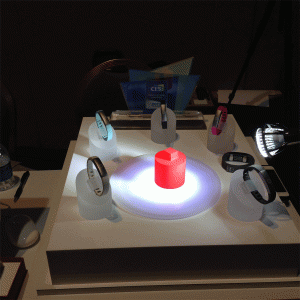
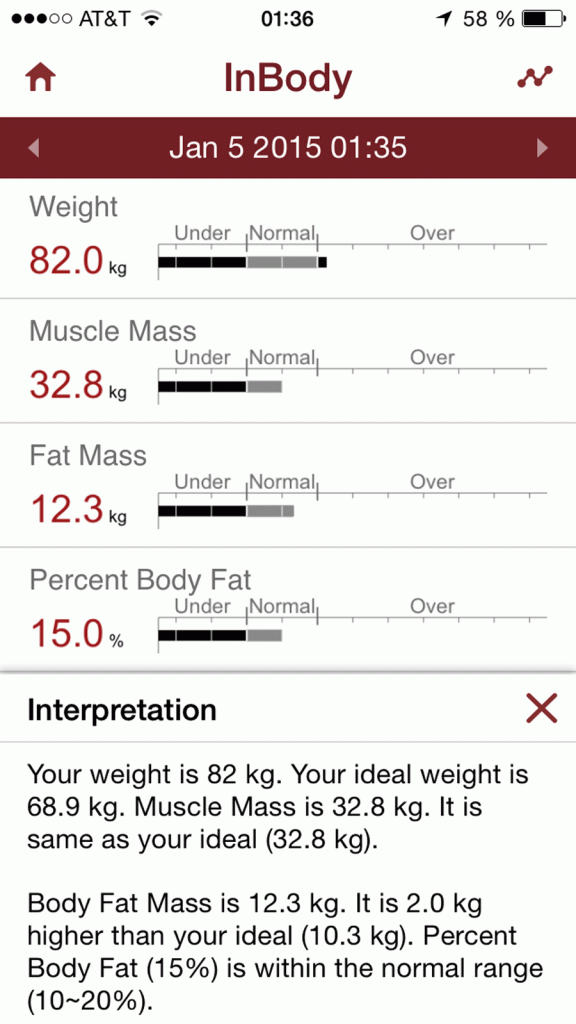

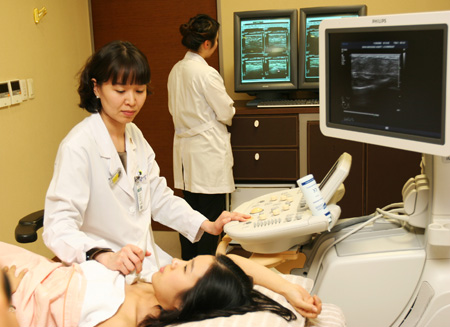

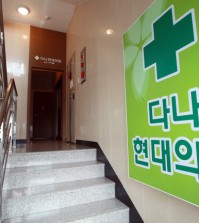

![일본 사도광산 [서경덕 교수 제공. 재판매 및 DB 금지]](http://www.koreatimesus.com/wp-content/uploads/2024/07/PYH2024072610800050400_P4-copy-120x134.jpg)



Pingback: Inbody's tech bracelet gives full body health checkup - Capital Digestive Health
Pingback: Where To Buy Slick Pinchbeck Bracelet | Wedding Party Jewelry Sets